"It Was Amazing: The Student Walked to Avoid Breaking Shabbat, While Her Parents Drove Alongside Her"
Over 6,000 students study at Shuvu network schools, most from families far from Judaism, with heartwarming stories behind them. What truly motivates parents to send their children to religious schools? We spoke with Rabbi Chaim Michael Gutterman, CEO of Shuvu.
 Rabbi Chaim Michael Gutterman, CEO of Shuvu
Rabbi Chaim Michael Gutterman, CEO of ShuvuA particularly moving event occurred last week, when 30 students from the 'Shuvu' network schools celebrated Bar Mitzvah and donned tefillin for the first time in their lives. Not a dry eye was left when these Bar Mitzvah boys, most of whom were far from Judaism before coming to Shuvu, wrapped the tefillin straps and prayed, accepting the yoke of Heaven.
These children are just a segment of over 6,000 students learning at 'Shuvu' schools across the country; a network that accomplishes the unthinkable by embracing students from non-observant homes and bringing them closer to Judaism. We set out to speak with Rabbi Chaim Michael Gutterman, CEO of Shuvu, to understand how this happens.
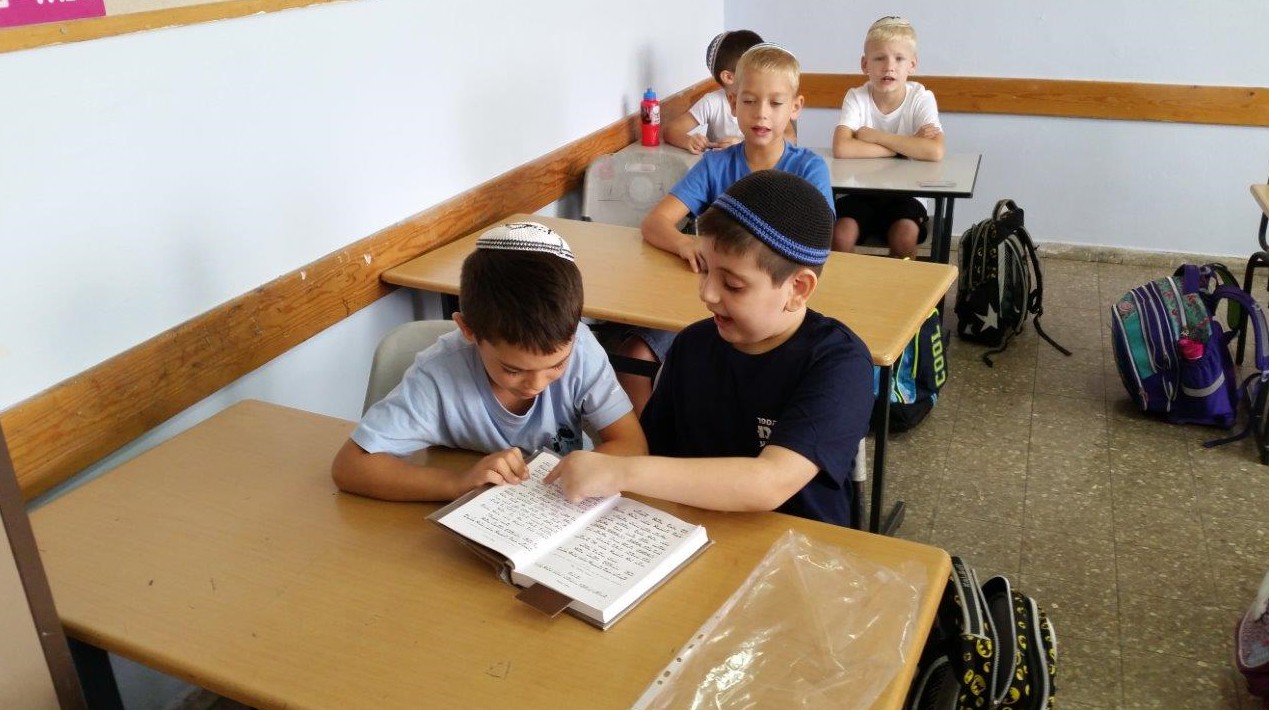
"We Aimed to Be an Alternative to Public Education"
"Shuvu schools weren't established overnight," Rabbi Gutterman explains. "In fact, the first institution was founded about 26 years ago. It was a pressing necessity at the time due to the massive Jewish immigration from Russia to Israel, with around a thousand new immigrants arriving each day. 'Shuvu' schools were then founded by Rabbi Avraham Pam ztz"l, Head of Yeshiva Torah Vodaas, who served as the President and Chairman of the Council of Torah Sages in the USA."
For a while, the schools operated in this manner, but Rabbi Gutterman notes a fascinating occurrence when two women came to his office in Jerusalem – an American and an Israeli, both non-religious. "The American told me although she wasn't observant, she sent her son to a 'Jewish-Day' school in the US, but upon arriving in Israel and enrolling her daughter in a public school, she was shocked to find it not living up to the 'Jewish' label. The Israeli woman then mentioned her fear of violence in schools as she prepared to send her daughter to first grade. They both questioned why a school like ‘Shuvu’ for Russian immigrants couldn’t open its doors to other families as well."
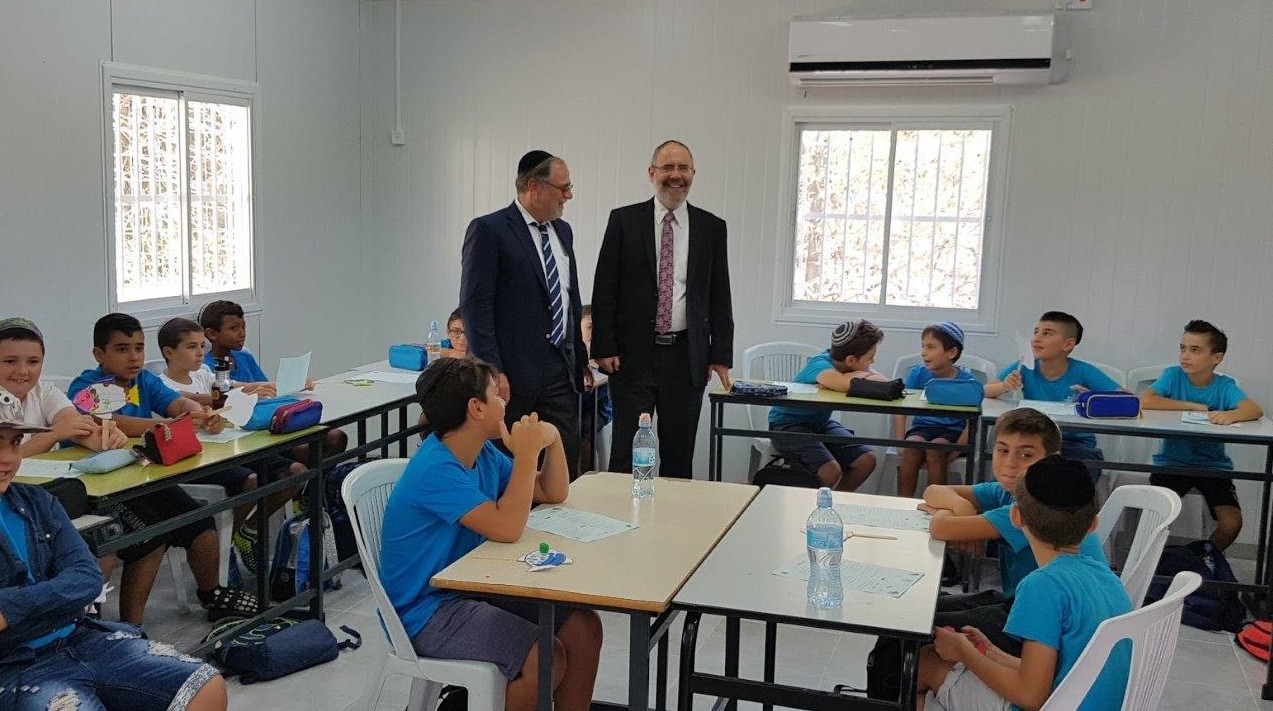
"It then became clear that Israeli youth lacked direction, and the public education system was in severe decline. We realized our model could provide a genuine solution, offering completely secular homes idishkeit while maintaining high-level secular studies. This understanding led us to establish the first school not exclusively for the Russian population but open to any family interested in our format. Soon, additional schools sprung up all over the country."
The Girl Insisted on Walking
Rabbi Gutterman highlights their primary goal is to offer education at a notably high level. "At our schools, children study English and mathematics at the highest national level, and the teachers are highly professional. Initially, parents send their children to us for the educational standards alone, as it’s important to them. However, since the educators are Haredi women responsible for imparting Jewish studies, children soon find themselves being drawn closer to Judaism."
Rabbi Gutterman cannot contain himself from sharing this story: "A few years ago, one of our teachers at Shuvu in Haifa invited a new student from the nearby neighborhood to her home for a Shabbat meal. The student had recently joined the school. She sat at the table, listened to words of Torah, songs, and enjoyed herself greatly. But as the meal concluded, the family heard a car honk from below, and the girl stood up, blushed, mentioned she had to leave, and ran outside."
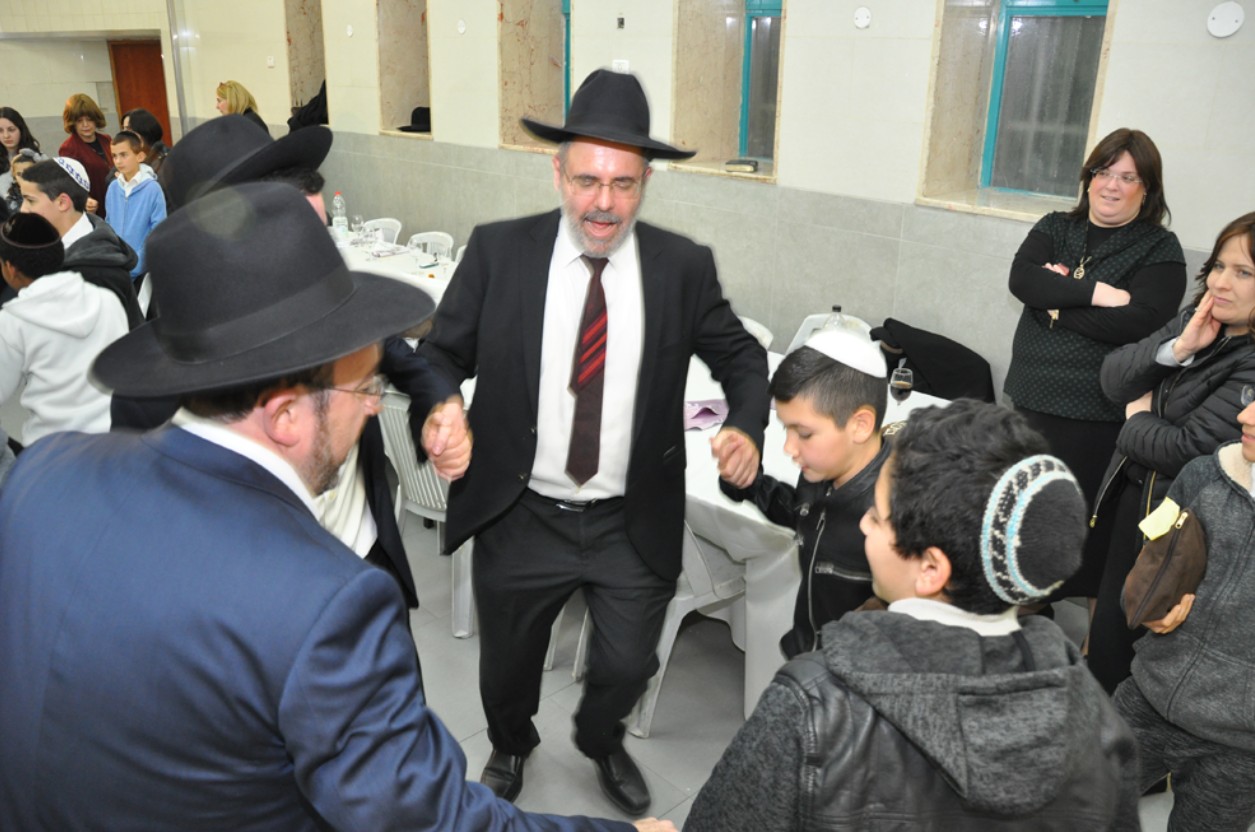
Rabbi Gutterman, with emotion, continues: "The teacher told me she looked at her husband, and both felt saddened. It was clear to them that the girl’s parents had come to pick her up by car, which pained them despite knowing the parents drove on Shabbat and were not observant from the outset. Moments later, they decided to step out onto the balcony and look outside." The scene that unfolded is hard for Rabbi Gutterman to put into words: "The teacher told me they saw something unusual - a young girl walking down the street with a car moving alongside her. It turned out the parents understood their daughter didn’t want to ride on Shabbat but didn’t want her to walk home alone, so they drove alongside her, keeping the same pace."
Children Bring Parents Closer
In addition to the remarkable educator staff, Rabbi Gutterman notes that many schools have a rabbi in charge who serves as a central, warm, appealing personality that connects the student and their parents, allowing the child to lead a Jewish life at home as well, sometimes also influencing and bringing the parents closer.
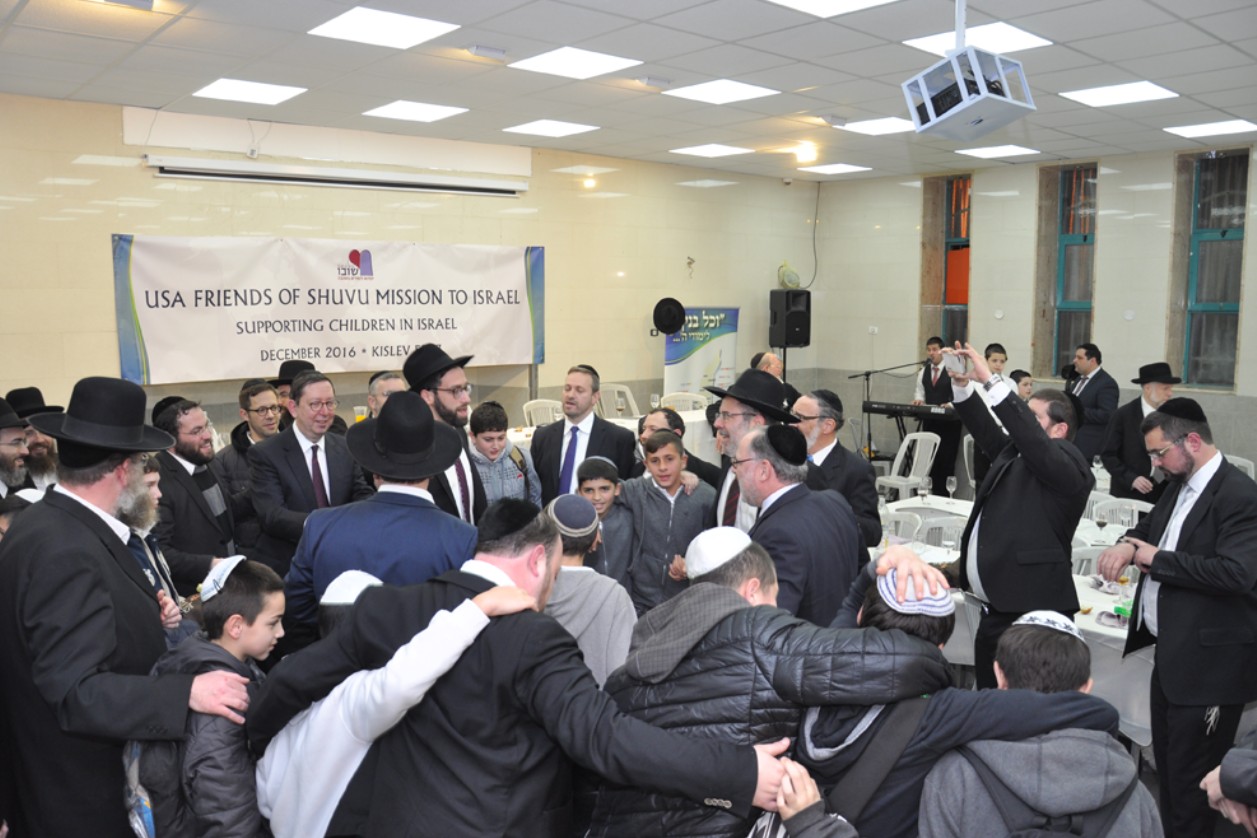
As he testifies, there’s a distinct excitement in Shuvu schools before holidays. "The children are the ones bringing the Jewish spirit home. They tell their parents what needs to be bought and how to prepare for each holiday," says Rabbi Gutterman. "We highly encourage this but strive to do so lovingly and wisely. We never tell parents to start observing mitzvot, but as a substitute, for instance, we’ll announce a Chanukah competition where families can send in photos by the menorah for a prize. This introduction to Judaism and its mitzvot from their positive side brings families closer to the faith.
"We prepare students for each holiday practically and tangibly," he adds, "because it's important they feel the holiday and understand what will occur. We take them to matzah bakeries, shop for Rosh Hashanah symbols, and approach these topics as missions."
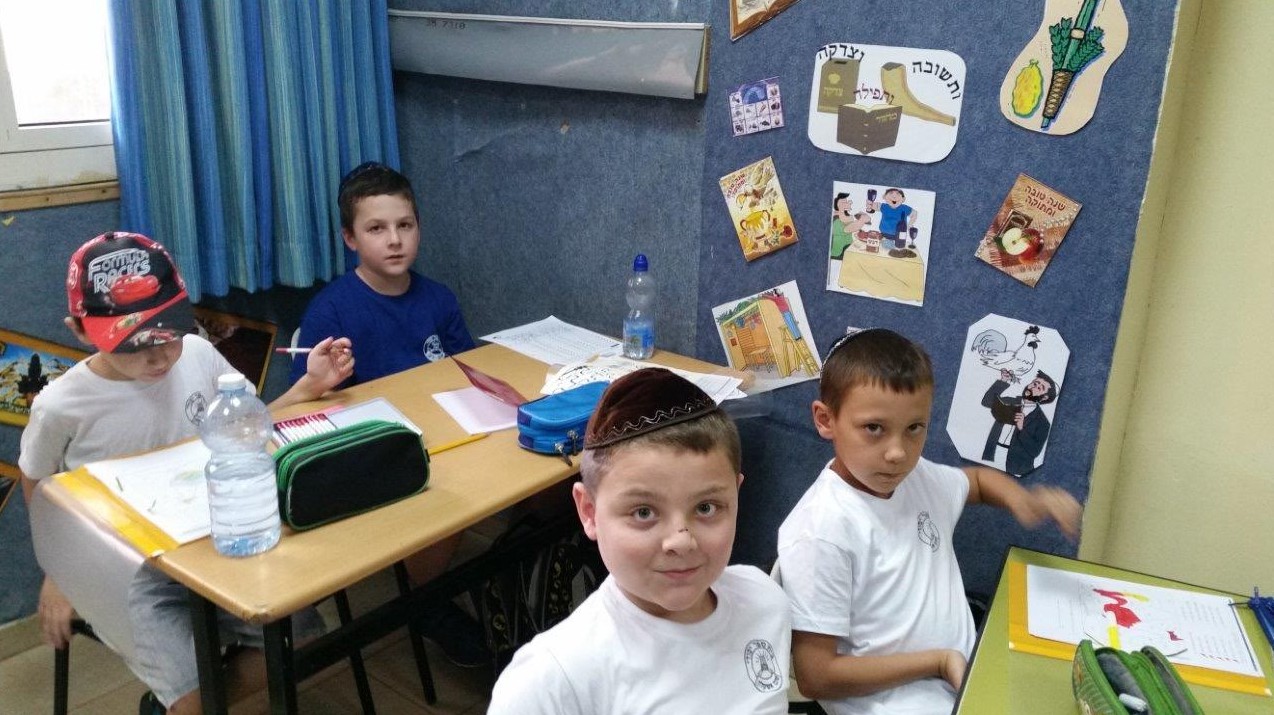
Where Do the Budgets for Extensive Activities Come From?
Rabbi Gutterman grows solemn. "Although recognized by the Ministry of Education and all network schools have licenses from the ministry, we receive no funding for additional activities or the network's added value, such as extra study hours, hot meals, summer projects, etc. This comprehensive and enormous system mainly relies on donors. Hence, when donations dwindle, we naturally face significant financial challenges."
Thousands of Students, Tens of Thousands of Graduates
Currently, 6,121 students study in 74 network institutions spread across 18 cities, including kindergartens, elementary schools, and high schools. Even a Shuvu kolel operates in Jerusalem, managed by the organization. The kolel consists of 25 scholars who began their studies with little Jewish knowledge, now immersed intensely in their Talmudic studies. "Baruch Hashem," Rabbi Gutterman notes, "there are hundreds of Haredi couples who started their paths in Shuvu institutions, alongside about 30,000 graduates - Haredim, traditional religious individuals, and thousands who believe in the Creator and know the fundamental tenets of religion and faith."
Additionally, he mentions that Shuvu also ensures activities for parents and other family members, organized Shabbats, Torah lectures, joint Jewish heritage tours, and more, helping the network spread Jewish light to countless others.
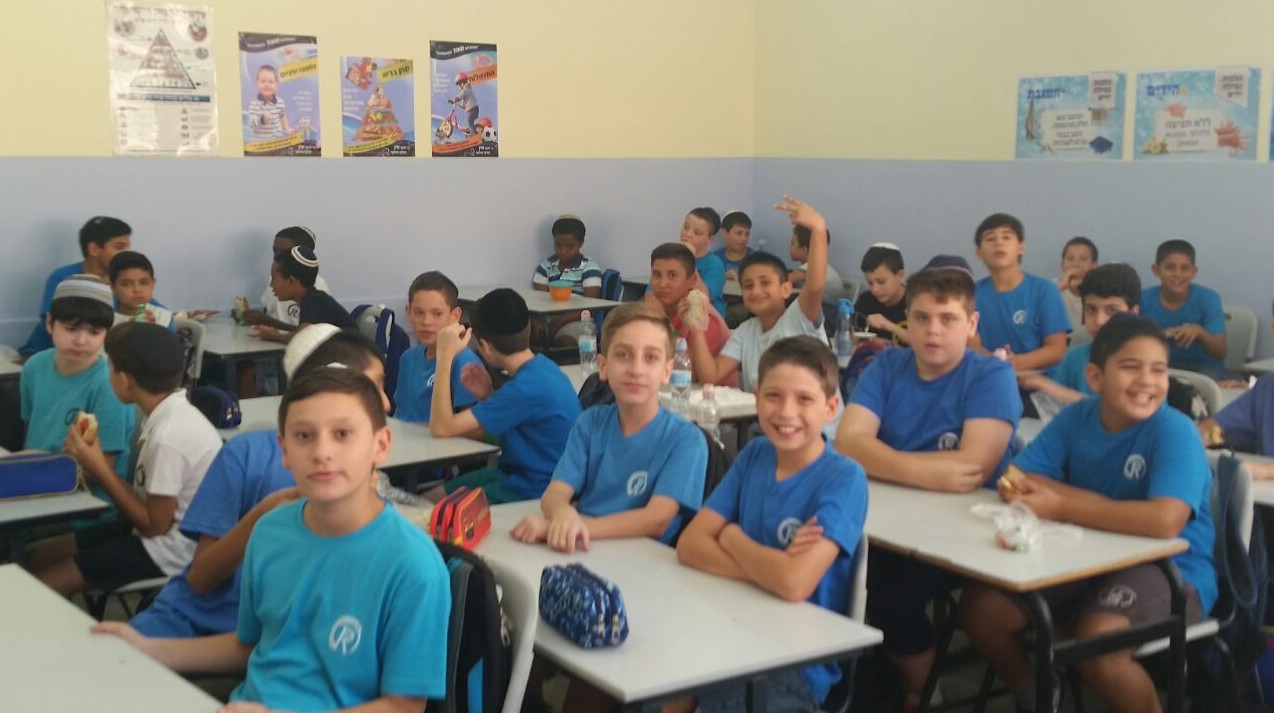
# What Is Your Aspiration?
"Our aspiration, as stated by Rabbi Pam, is 'Train a child according to his way' - we don't deceive ourselves into believing we'll see 100% of students become fully observant, keeping every commandment. However, we aim for the maximum, knowing there's much value between the maximum and minimum."

